Monopoly is a market structure without competition, and a single player controls production and distribution. For example, TransLink can be considered a monopoly in transportation in BC, Canada, as it controls all forms of transportation, including sea buses, sky trains, and other forms of buses.
Why do people create monopolies? To earn more money? People who have the ability, influence, and power to make a monopoly creates them to win. They are the expert in the field; they know the game and the rules, so they want others to act on their rule of thumb. But who started a monopoly in a country like America?
Scholars and professionals claim that the Chairman of Standard Oil, John D. Rockefeller, introduced the monopoly in America.
 Fig: Oil Refinery
Fig: Oil Refinery
Cornelius Vanderbilt, also called “the Commodore,” was an American business tycoon who changed the entire economy of America by building railways throughout the country in the 1850s. The railway business at that time was booming, but very soon, it reached the point of saturation. The railway business had to find new segments in the market to get their business running.
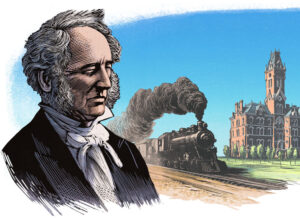
Fig: Cornelius Vanderbilt
At that time, oil was the booming business, and 24-year-old John D. Rockefeller was the booming tycoon in the oil business. Rockefeller’s company was about to go bankrupt; then, he agreed with the most powerful man in America, Vanderbilt, to ship 60 barrels of oil daily.
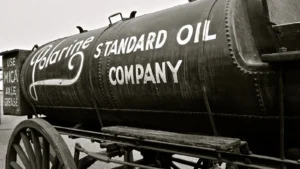 Figure: Standard Oil
Figure: Standard Oil
The capacity of Rockefeller’s oil production refinery was much less than that. However, failure is not an option when dealing with America’s most influential person. Rockefeller started meeting with the other refiners and agreed to merge them to begin oil production with a single brand of Standard Oil. Very soon, the oil business became Railway companies’ primary income source.
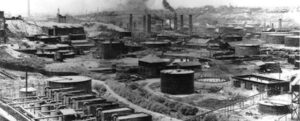 Figure: Standard Oil Refinery
Figure: Standard Oil Refinery
The competitor of Vanderbilt, Tom Scott, the president of Union Pacific Railroad, agreed with Rockefeller to ship oil at a much lower price than Vanderbilt. At that time, Rockefeller controlled 90 percent of the refinery in America and was just 33. At 33, he became one of the most powerful men in America.
Later, Vanderbilt agreed with Scott and other businesses and decided not to ship Standard Oil. There was a Railway-Oil war. Rockefeller loves to win, so he started looking for alternatives to ship the Standard Oil. He introduced oil transport with pipelines and eliminated the railway company from the oil business. 40% of railway cargo at that time was oil, so eliminating railway companies from oil resulted in the bankruptcy of one-third of the company, which is about 360 companies.
There was a crisis in America; nobody had expected it before. There was a crash in the stock market, and the market was closed for ten days. Thousands of people lost their jobs then, and it was the first national depression in America.
What are the downsides of monopoly? It can result in economic depression.
Source: Inspired by the series “The Men Who Built America.”

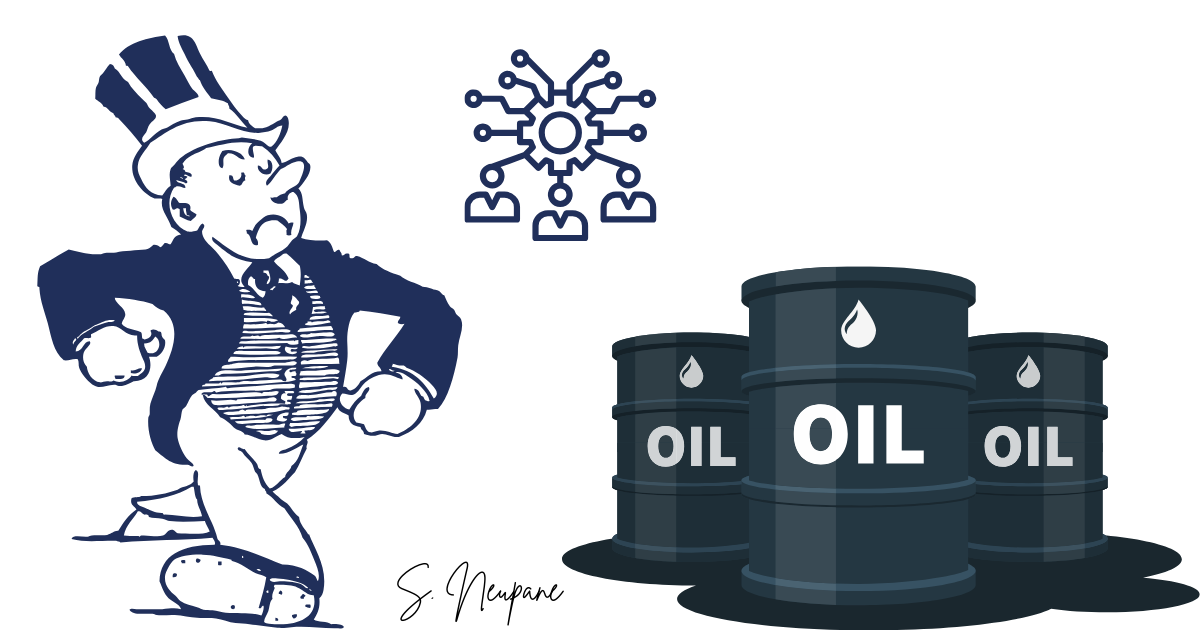
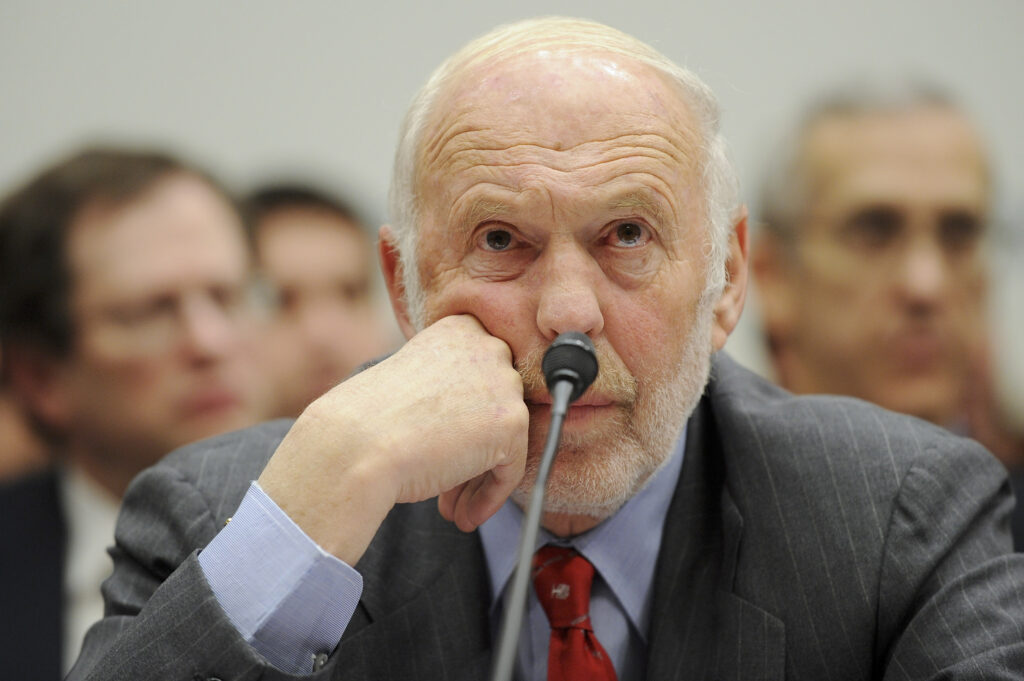

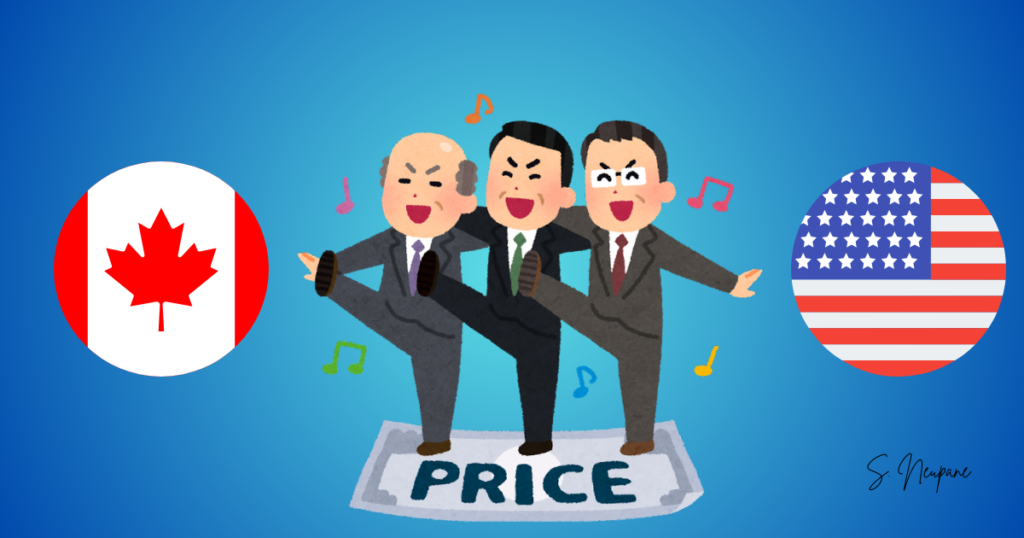
One Comment